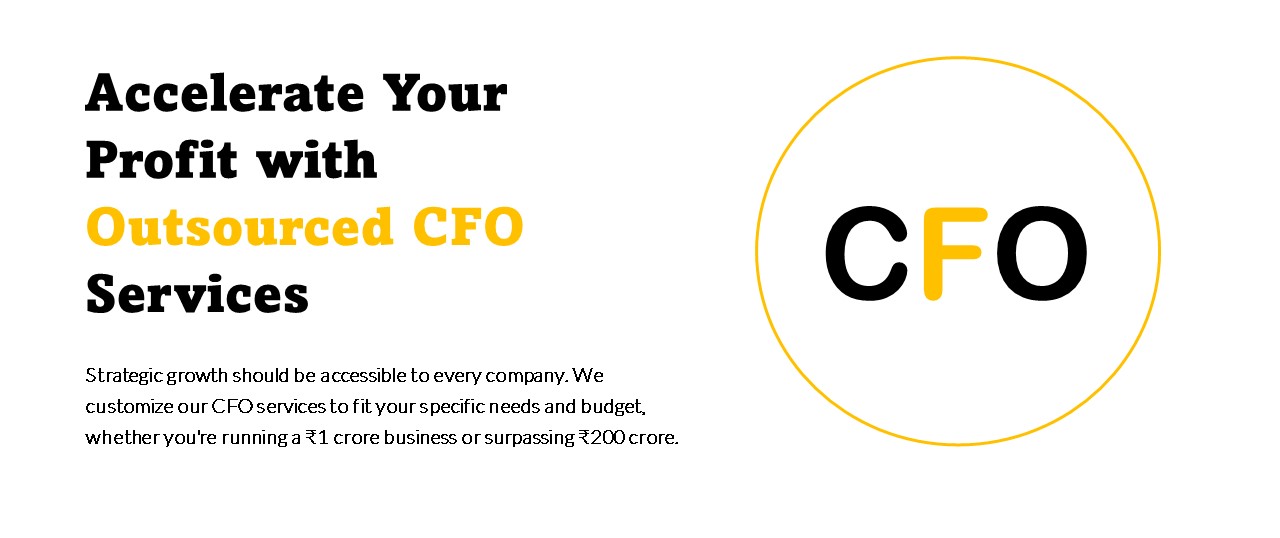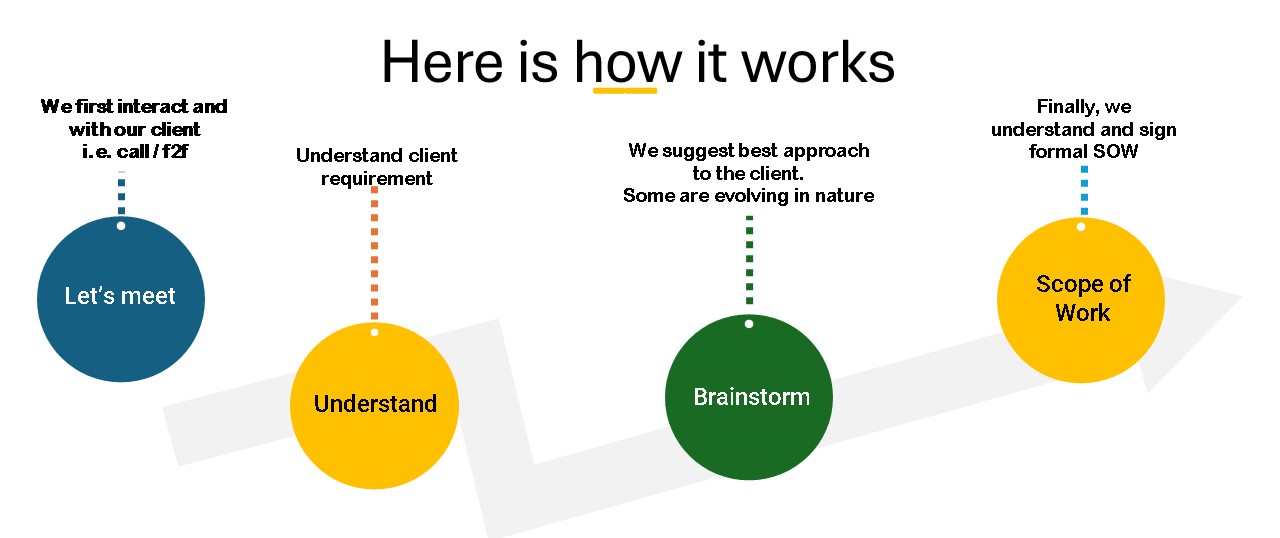
What does a CFO do?
A CFO is dedicated to enhancing your company’s value for shareholders and maximizing returns on your business. They achieve this by forecasting cash flow, streamlining cost structures, managing corporate capital, and implementing high-impact processes.
The result? More cash flow, higher profit margins, and greater growth opportunities for your business.
Our services commonly include:
- Book-keeping and Accounting services
- Cash flow and forecasting
- Raising Fund/Investor Connect
- MIS reporting
- Strategic Tie up and Partnership
- Tax Compliance
- Monitor business performance
- Availing government fund/grant assistance

Our Clients
Services
FAQ
1. Why one should do StartupCFO ?
StartupCFO is essential for growing businesses because it provides expert financial guidance, helping startups navigate the complex financial landscape. With a CFO's expertise, startups can optimize cash flow management, ensure compliance with regulations, and make informed decisions based on accurate financial data. A StartupCFO also helps in strategic planning, fundraising, and risk management, enabling startups to scale efficiently while avoiding common financial pitfalls. By having a dedicated financial expert on board, startups can focus on their core operations, confident that their financial health is being expertly managed.
2. How can I Get my startupCFO Registered ?
To get a startup CFO, you need to identify a financial expert who can provide strategic financial guidance and operational support to help your startup grow. Start by defining the role and responsibilities, which typically include financial planning, fundraising, managing cash flow, and ensuring compliance with regulations. You can seek out a CFO through various channels such as referrals, professional networks, or specialized CFO recruitment services. Consider hiring a part-time or virtual CFO if you're a smaller startup with budget constraints. It’s essential to choose someone who understands the unique challenges of startups, including scaling and navigating financial uncertainty, and has experience working with early-stage companies. Finding the right startup CFO can provide valuable financial leadership and help drive your business forward effectively.
3. What are the responsibilities of a Startup CFO ?
1. Financial forecasting and budgeting.
2. Cash flow management.
3. Fundraising and investor relations.
4. Financial reporting and analysis.
5. Managing financial risks and compliance.
4. How is a Startup CFO different from a traditional CFO ?
A Startup CFO typically works in fast-paced environments, focusing more on scalability, securing funding, and adapting to the unique needs of early-stage companies, whereas a traditional CFO may focus more on steady-state financial management in established companies.
5. What software or tools does a Startup CFO typically use ?
Common tools include accounting software (QuickBooks, Xero), financial modeling tools (Excel, Google Sheets), CRM tools, and reporting software for budgeting and analytics.
Contact
KP SQUARE, 8th Floor, office no -: 806, 41/3, Telco Rd, Indira Nagar, Mohan Nagar, MIDC, Chinchwad, Pimpri-Chinchwad, Maharashtra 411019
Email Us







 Pvt Ltd Incorporation
Pvt Ltd Incorporation
 LLP Incorporation
LLP Incorporation
 Trademark Registration
Trademark Registration
 Udyam Registration
Udyam Registration
 DSC-Digital Signature Certificate
DSC-Digital Signature Certificate
 Startup India Registration
Startup India Registration
 GST Registration
GST Registration
 Preparation of MIS
Preparation of MIS
 ESI Registration
ESI Registration









